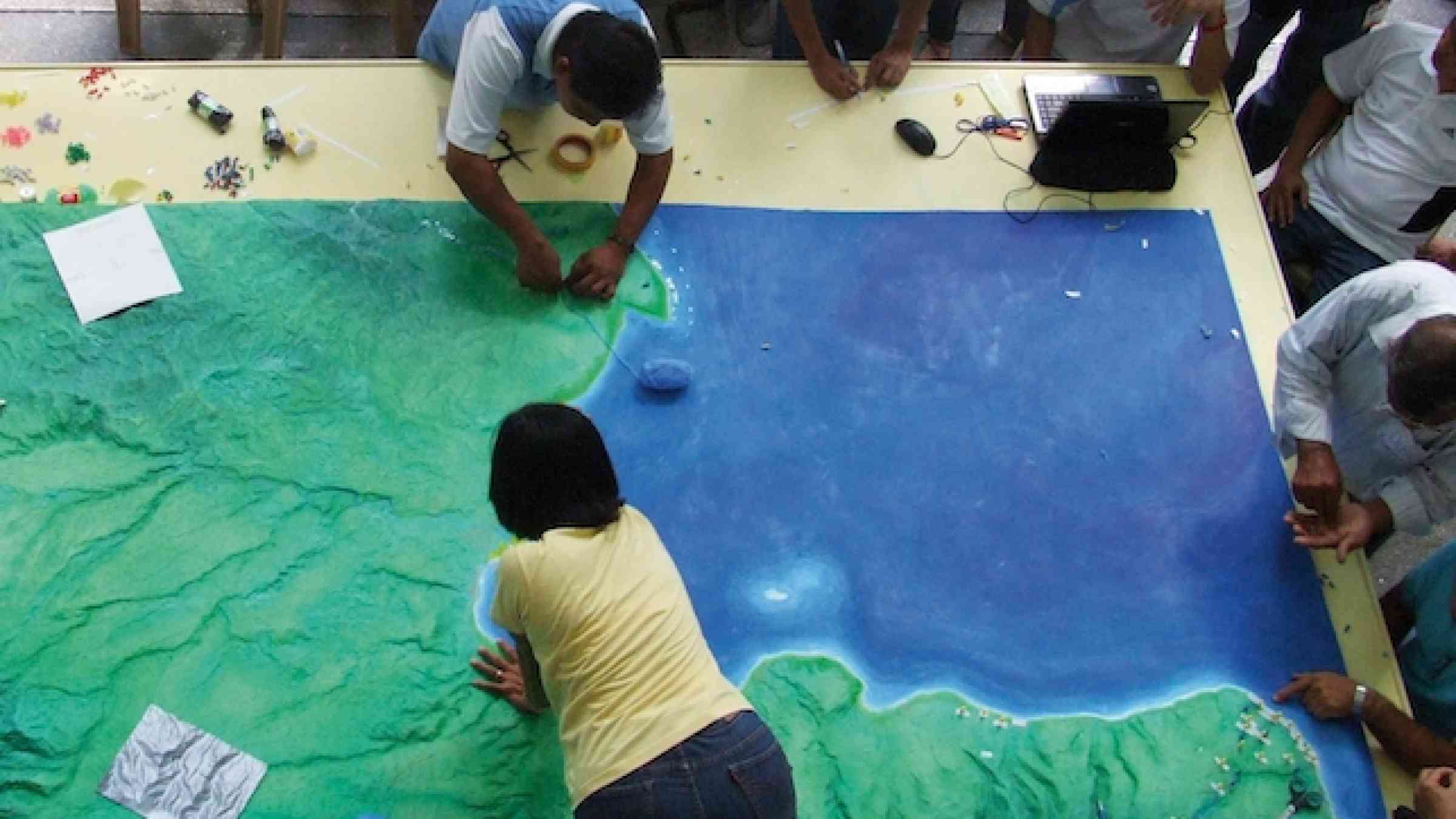Closing the Gap between DRR S&T Knowledge and Practice at Local Levels: How can we harvest the fruits of DRR S&T at local levels to save lives and livelihoods?
In 2021, we have witnessed tragedies from various disasters; wild-fires, storms, flooding, earthquakes, volcanoes, and COVID-19. We are aware that the scientific and technological community holds knowledge, pursues research, and has the capacities to propose solutions; however, the S&T knowledge and solutions are underutilized at local levels due to the lack of mechanisms and incentives for better science uptake. Disasters are site specific and have differentiated impacts depending on the local context, i.e. 50mm/hour rainfall may induce enormous flooding and casualties in one location but no damage in other locations. Knowledge, experiences, and methods suitable for their location should be provided and external experiences and resources should be effectively utilized so that on-site stakeholders can enhance disaster resilience and sustainable development in an inclusive and participatory manner.
The session will seek to bring forward experiences of science application in dealing with disaster risk at local levels and introduce examples of mechanisms allowing to tap into the necessary knowledge for effective and impactful local action.
Session objectives
- Underscore challenges related to science uptake at local levels
- Showcase national and local mechanisms that the local DRR practitioners can use to access knowledge and advice based on S&T
- Showcase examples of science application in supporting better preparedness and anticipatory actions by local communities
- showcase examples of good incentives aimed at foster dialogue between S&T communities and local governments
Moderator
- Professor Satoru Nishikawa: Professor, Disaster Mitigation Research Center, Nagoya University
Speakers
- Professor America Bendito Torija- Member of the Scientific Committee of the Knowledge Action Network for Emergent Risk and Extreme Events (Risk KAN)
- Prof. Sakiko KANBARA- Professor, Kobe City College of Nursing & Kochi University (Japan), visiting professor of Udayana University, Founder of EpiNurse
- Dr. KHAMARRUL Azahari bin Razak-Universiti Teknologi Malaysia
- Mexican School of Professionals in DRR and Civil Defense (person TBC)
- Dr. Dani Ramdan, Head Executive of West Java Disaster Mitigation Agency (BPBD)
Learn more
Session guiding questions
- Do you think that scientific and technical knowledge is sufficiently utilized at local levels in your country?
- What are some of the challenges related to science uptake at local levels?
- Is there a standing mechanism in your country that the local DRR practitioners can use to access knowledge and advice based on S&T?
- How can scientists play a “facilitator” role in identifying suitable science-based solutions for better preparedness and anticipatory actions by local communities?
- How can the local government mayors/leaders better communicate with the scientific community? Are there any examples of good incentives to foster dialogue between the two communities?

Agenda
Location
BICC First Floor
Online access
Participation
Open to those registered for the conferenceDetails
Contact
Anda Popovici anda.popovici@council.science Anne-Sophie Stevance anne-sophie.stevance@council.science